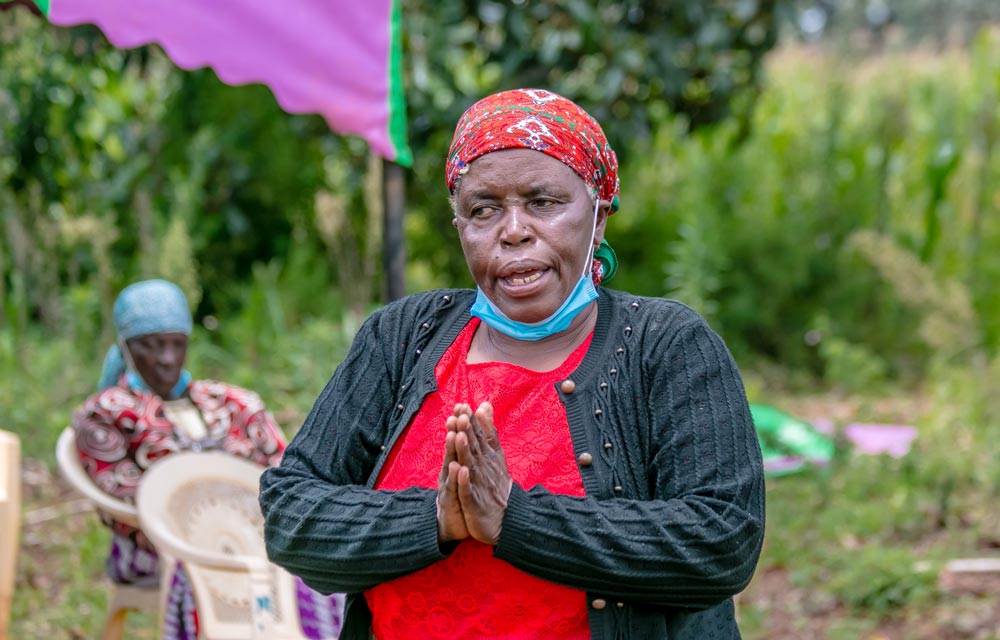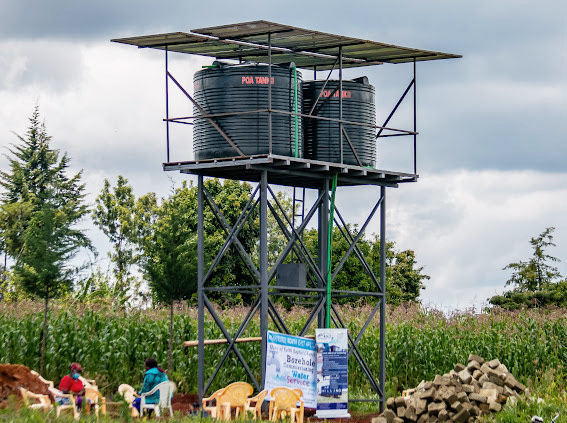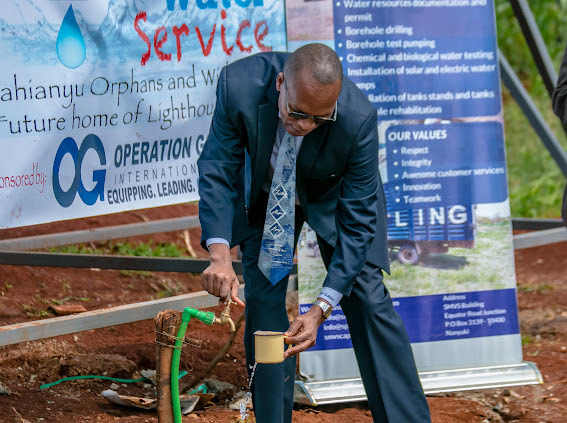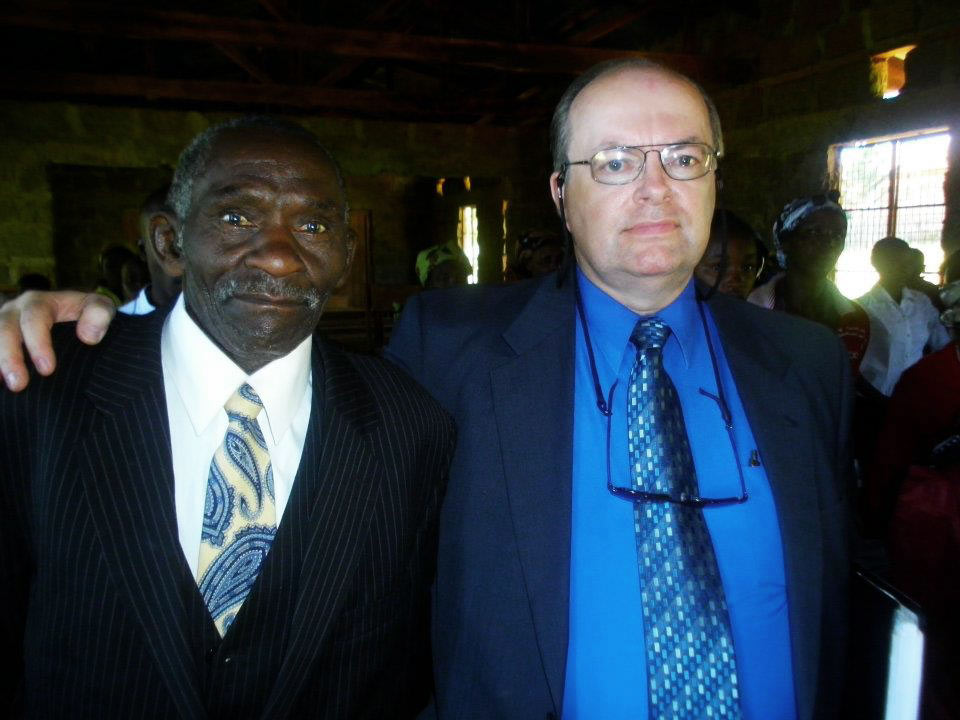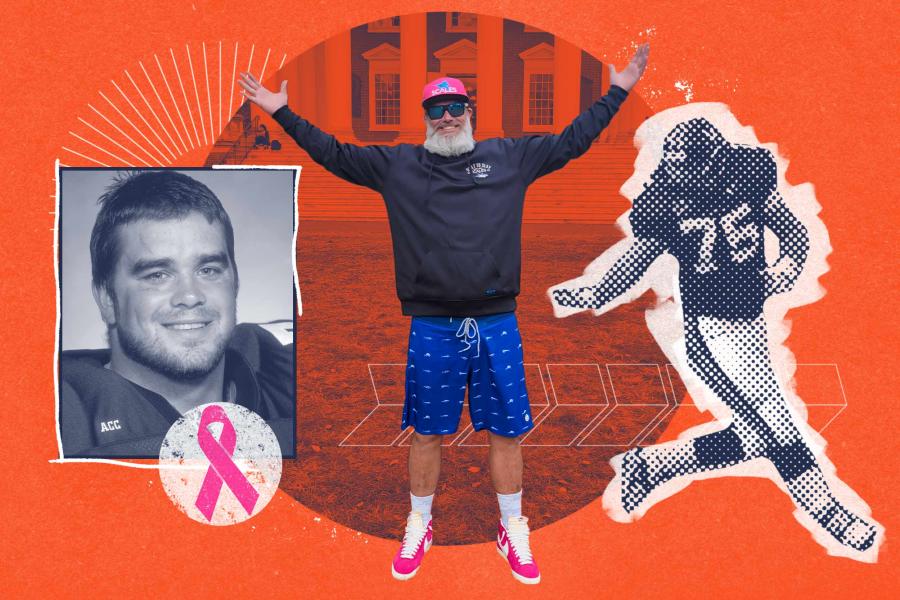Peter Chege has a vision. Born in a rural Kenyan village, he wants to bring that village into the modern world. With the help of some friends, he may do it.
Chege, who graduated from the apprenticeship program at the University of Virginia’s Division of Facilities Management and who has since worked at the University as an electrician, is a happy man who favors brightly colored shirts and smiles as he talks in enthusiastic bursts. He says he is on a mission from God to improve his life and the lives of the people in his village.
Chege’s family lives in Mahianyu Village, in Nyahururu township, Laikipia County, Kenya, where the bulk of the residents are peasant farmers who lack electricity. Chege has given his village a well to provide clean drinking water.
“The only advantage they have is that they own the piece of land that they sit on, unless they are watching the land for someone else,” Chege said. “I would say 80% of the people live on their own land. My dad is such a case; he owns his land.”
Bringing water to that dry land has been a mission for Chege – one in which he needed the support of friends like G. Raye Jones. Jones, a local lawyer and a double-Hoo well-known for his charitable work, visited the village in 2010 and again in 2012.
“We walked into the village and the poverty was overwhelming,” Jones said. “I thought ‘Why hadn’t anyone told me before?’ Anyone who walked into that village and walked out the same person, their heart is not beating.”


